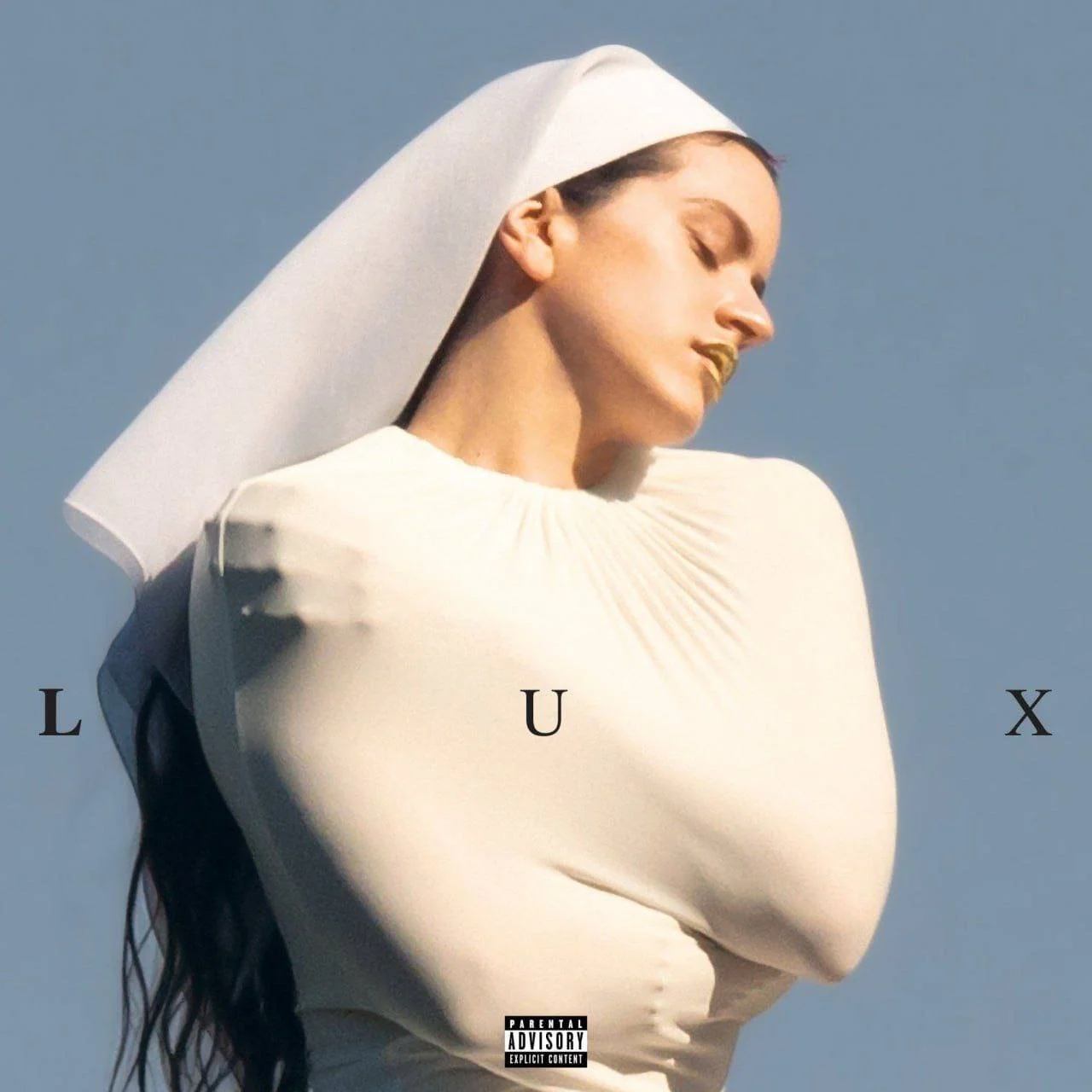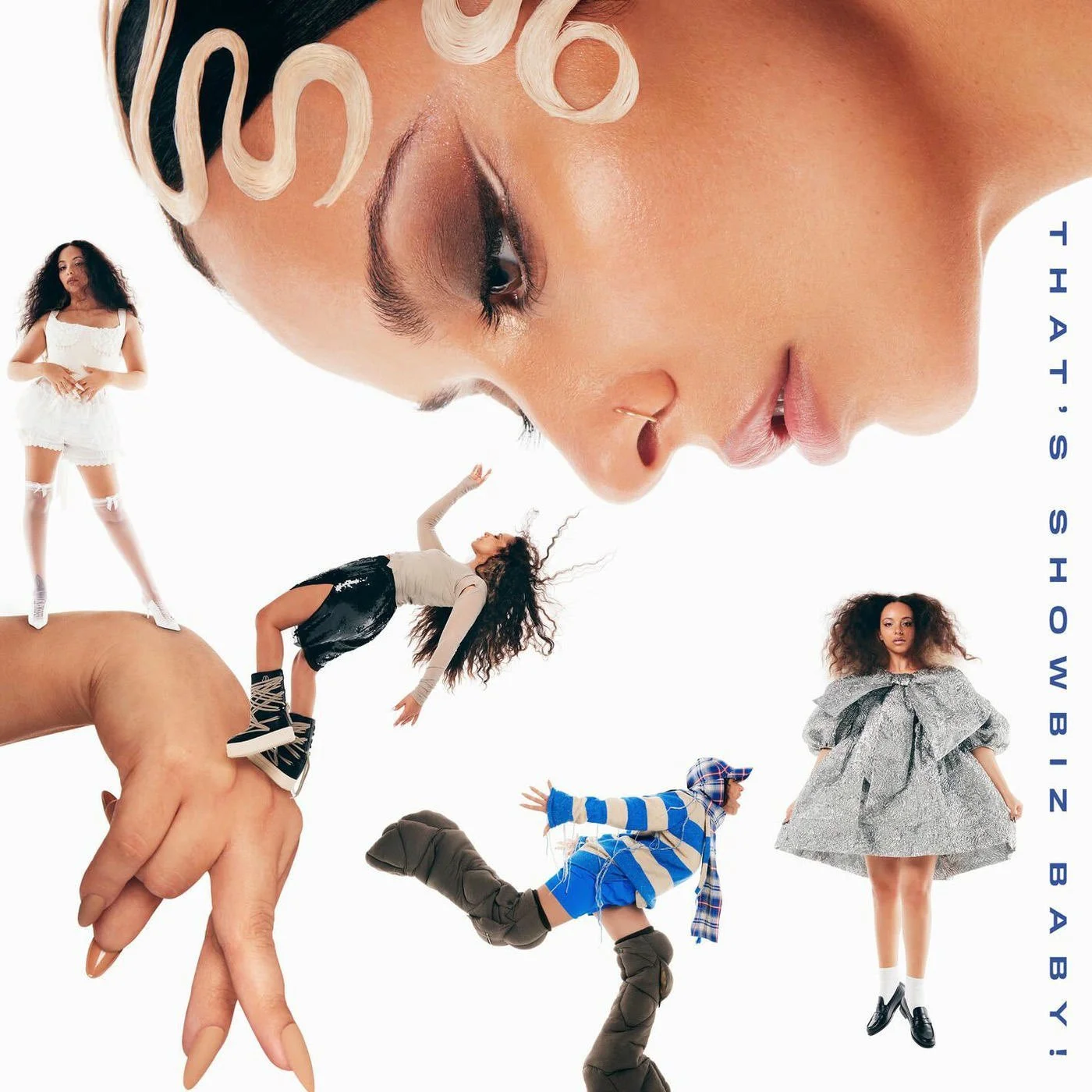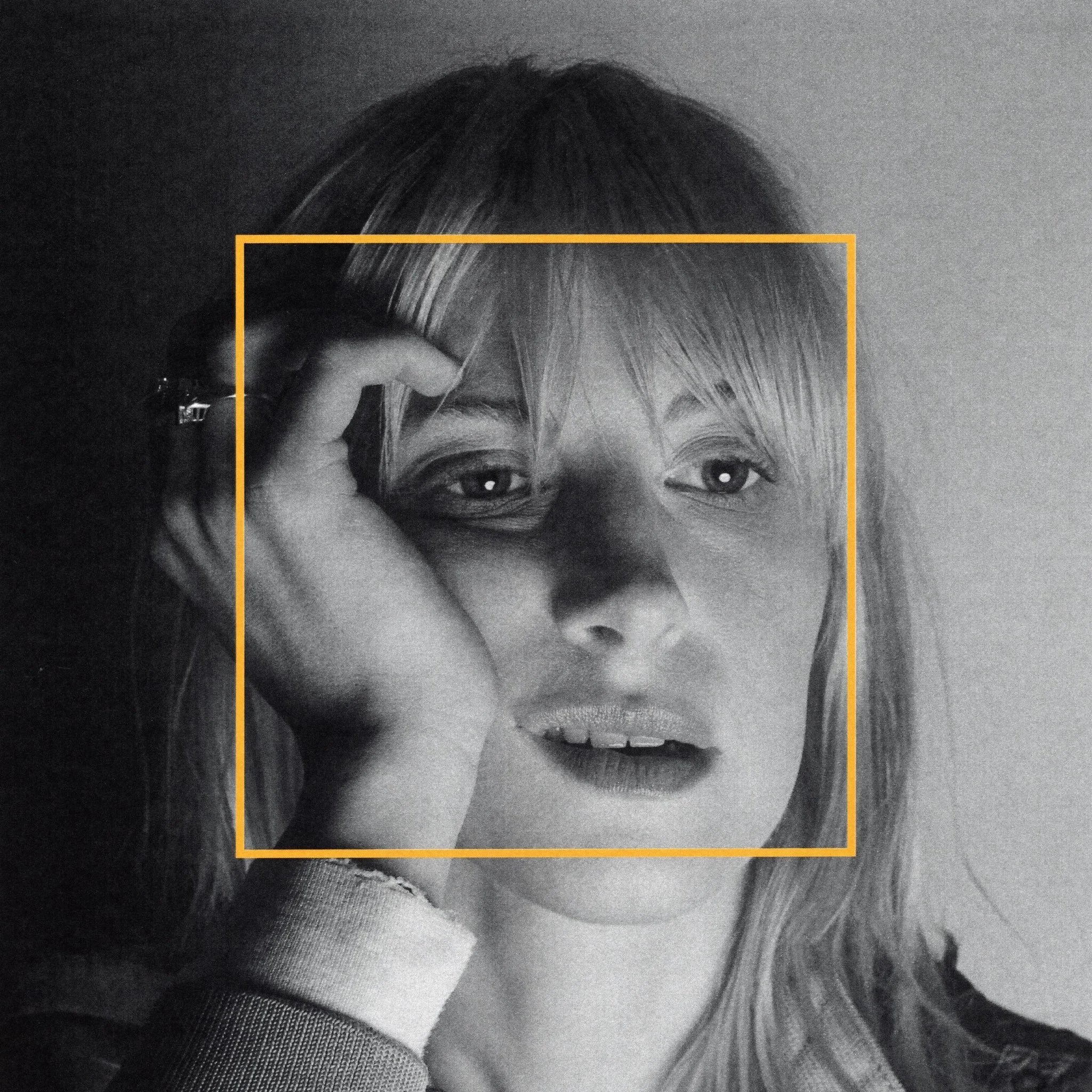Rosalía - LUX
Rosalía’s fourth studio album is less a collection of songs than a transcendent performance — one that makes room for love and fury, heaven and hell, devotion and despair.
The Catalan artist has never fit the pop-star mold. Her breakout El Mal Querer began as a college thesis, yet it catapulted her into global consciousness, earning both critical reverence and the admiration of her peers. With MOTOMAMI (2022), she fused chart-dominating bangers with the echoes of Spanish folk tradition, redrawing the borders of mainstream pop. Now, with LUX, Rosalía stages something even more daring: a theatrical reinvention of what mass culture itself can be.
It’s impossible to overlook her evolution into a global phenomenon — a theme she addresses directly on “Reliquia”, a breathtaking meditation on the fragments of herself scattered across the world. The track’s quiet revelation — that, despite her generosity, she still hasn’t found her heart — haunts the entire record, intensifying its emotional tension.
The fever rises on “Divinize”, where Rosalía invokes creation myths and forbidden fruit to explore temptation and transcendence. “Porcelana” follows as a devastating ballad of fragile love, with Rosalía likening herself to cracked porcelain — delicate, luminous, and on the verge of collapse. Later, she turns heavenward in a hymn to divine love, while “La Yugular” tips its hat to Patti Smith, meditating on the impossibility of containing all one’s ambitions within a single work. At times, LUX feels like it might buckle under its own weight — and yet, miraculously, it never does.
The album’s first true outburst comes with ”La Perla”, where Rosalía channels raw fury, calling her ex a local disappointment, national heartbreaker, emotional terrorist and the greatest disaster in the world. Her venom is precise, poetic. The anguish continues on “De Madrugá”, where, singing partly in Ukrainian, she realizes that vengeance doesn’t need to be pursued — it finds her.
On “Dios Es Un Stalker”, the roles reverse: Rosalía herself becomes the red flag, obsessively shadowing her desire. What begins as infatuation curdles into a taut psychological chase, underpinned by meticulous, nerve-twitching production.
Technically, LUX is a masterclass. Rosalía flexes her full range — not just as a vocalist, but as a producer, composer, and architect of sound. She refuses to color inside the lines, letting her creativity spill freely, sometimes chaotically, always beautifully. Where many such experiments collapse, LUX channels its wildest instincts into something staggering and deeply human.
In the end, LUX feels like a once-in-a-decade phenomenon — fresh as mountain air, rich as a cathedral’s echo. A kaleidoscopic, experimental triumph. Built from strings, horns, choirs, and sung across thirteen languages, this is far more than an album. It’s a masterpiece. Pop music has never sounded quite this colossal — or this alive.
8.9/10




